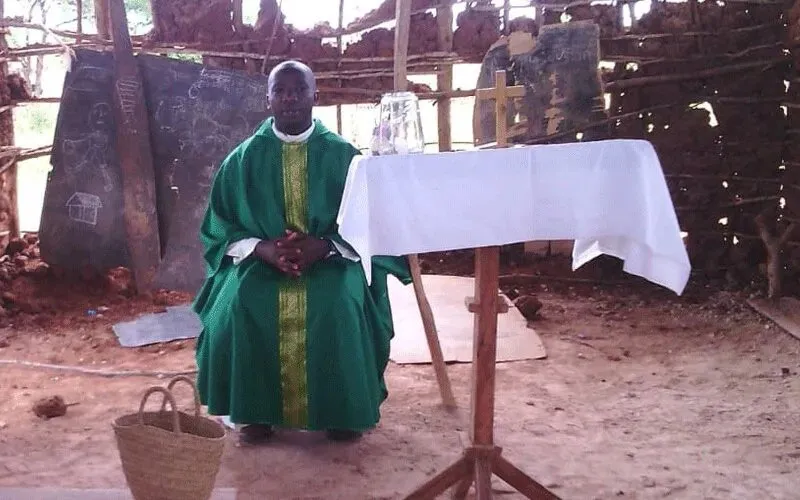The Biggest challenge, however, is funding, the Kenyan Priest tells ACI Africa, adding that the drop in the collections by the international PMS kitty has terribly impacted Mission Dioceses, which Fr. Luchidio defines as those established less than 200 years ago and are still in need of support.
In 2019, the Pontifical Society for the Propagation of Faith Universal Fund raised US$89,191,743.25 from all the churches globally.
The money was distributed as Ordinary and Extraordinary Subsidies for all projects from the 1,200 Dioceses under PMS that were received by the International Secretariat in Rome.
Owing to COVID-19 outbreak and the subsequent lengthy suspension of church activities, the figure dropped to US$64,398,266.67 in the year 2020.
This is the amount that the international PMS office is planning to share out for the Ordinary Subsidy to the 1,200 Dioceses and 2,646 projects registered as proposals for Extraordinary Subsidy, Fr. Luchidio says.
(Story continues below)
In his appeal for donations to support Mission work earlier this week, Fr. Luchidio said, “Truly speaking, very needy Dioceses in Kenya and other places will suffer because they are not able to sustain their annual budgets with these sharp decline of funds from the universal kitty. This is the sad reality that we have to live with.”
He says that Kenyans have always been exemplary in supporting mission work and urges them to join the other PMS countries to support needy Catholic Dioceses.
In his interview with ACI Africa, Fr. Luchidio also clarified that all Catholic Dioceses in Kenya have some form of hardship and can be classified into either geographical peripheries or existential peripheries.
“At face value, for instance, the Archdiocese of Nairobi seems more endowed with resources compared with other Dioceses. This is not entirely true,” the Priest says, and explains, “Sometimes, we look at the centre and forget about the periphery. The Archdiocese may appear to be self-sufficient yet it has many needy Parishes in far-flung areas that it takes care of as well many informal settlements that have big populations of poor people.”
“In many cases, Dioceses that appear to be self-sufficient have very few people who give and many who are needy,” Fr. Luchidio further observes.
He says that for the longest time, Catholics in Kenya have never understood the extent of need in the mission to the peripheries.
“Do people understand the need?” he poses, and adds, “No one has brought up the desperate situation as concrete as it actually is in Dioceses established in hardship areas, both geographically and existentially. I have seen the generosity portrayed by Kenyans on social media when coming through for the bereaved, the sick and children who can't afford education. I know that if they understand the situation of their Priests in hardship areas, they will do everything they can to help.”
Donations to support missionaries in hardship areas can be channeled through KCCB-PMS RESTRICTED FUND, ACCOUNT NUMBER 1178590927, NCBA BANK MALL BRANCH WESTLANDS.
There is also the option of sending contributions using the MPESA PAYBILL NUMBER 880100 to ACCOUNT NUMBER 1178590927.
Still, there is the option of contributing through the Church kitty during the Holy Mass for World Mission Sunday to be held on October 24 in all the Catholic Churches worldwide, Fr. Luchidio said, while announcing the launch of the “Missionary Rosary Marathon” to support evangelization in the peripheries.
Agnes Aineah is a Kenyan journalist with a background in digital and newspaper reporting. She holds a Master of Arts in Digital Journalism from the Aga Khan University, Graduate School of Media and Communications and a Bachelor's Degree in Linguistics, Media and Communications from Kenya's Moi University. Agnes currently serves as a journalist for ACI Africa.








